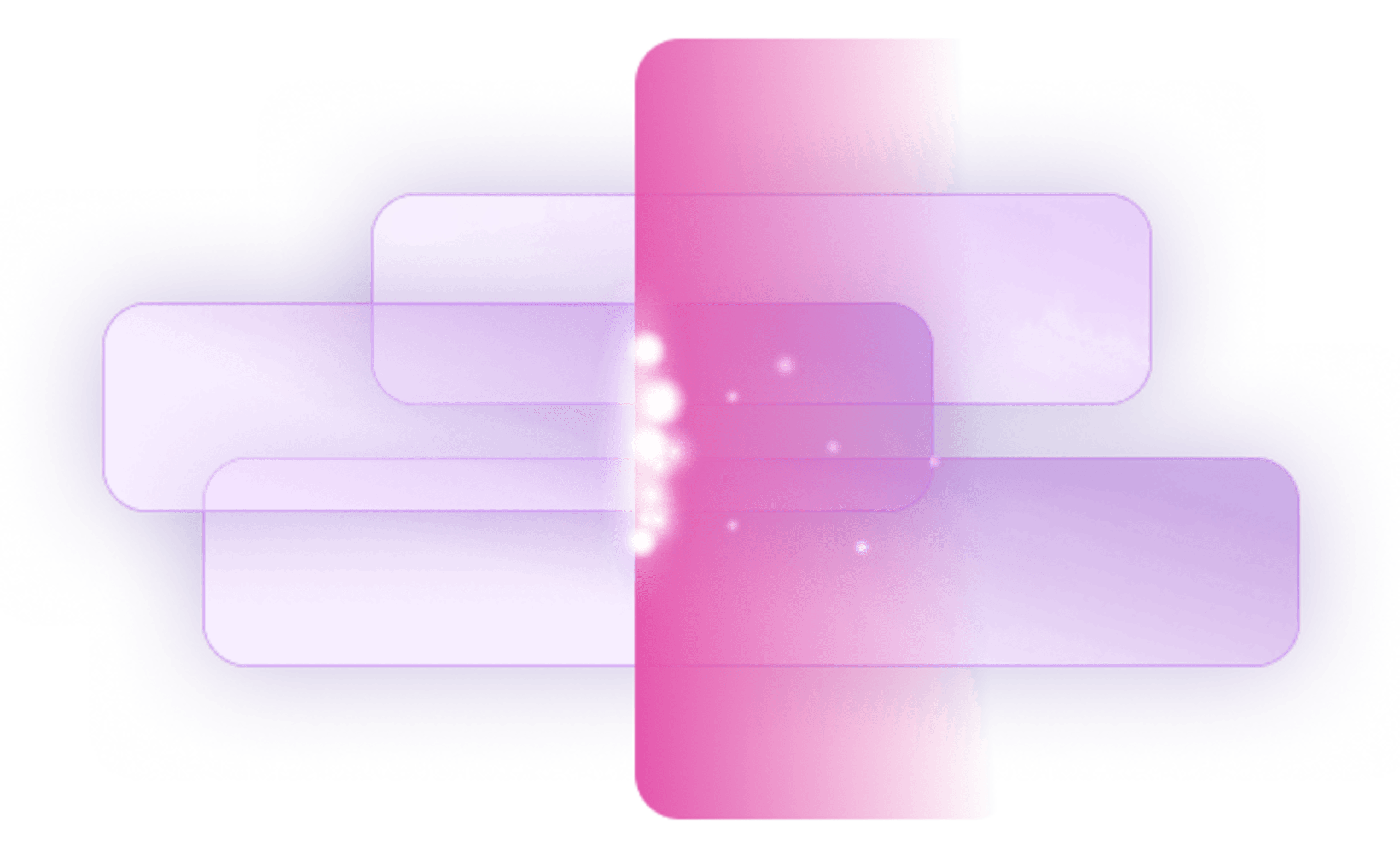Accelerate developer adoption with Snyk’s IDE plugins
Snyk adds security directly into IDEs with real-time vulnerability scanning and provides actionable fix advice in line so developers can fix issues quickly and move on 82.7% of Snyk customers surveyed reported improvements in their developer processes vs. before implementing Snyk.






















